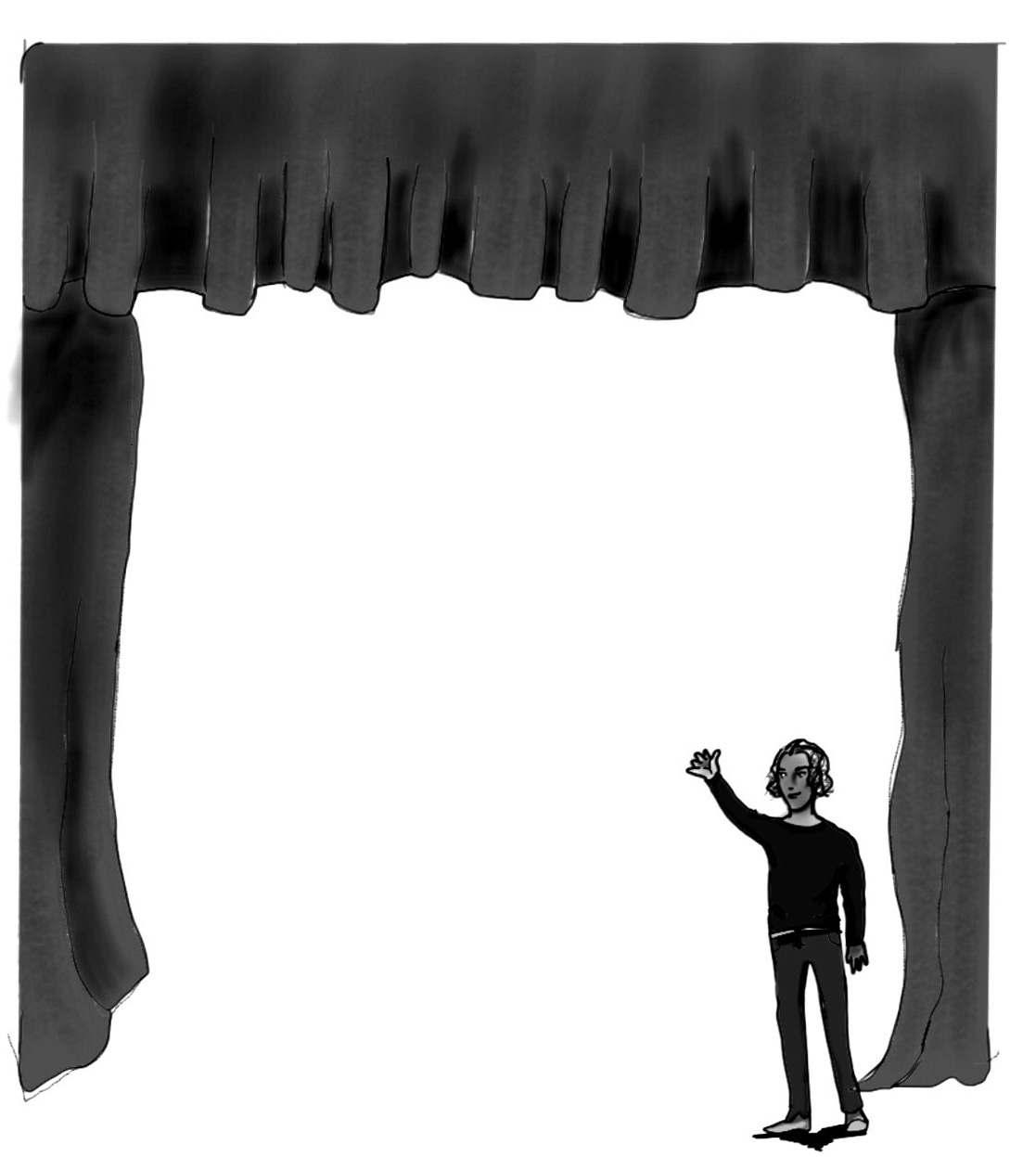
At the closing ceremony of the Windham Campbell Festival, two American playwrights presented their newest work in an exclusive premiere, hosted by the Yale School of Drama in the Yale University Art Gallery lecture hall on Friday night. It began with the opening monologue from “White Noise” by Suzan-Lori Parks, followed by a scene from her Pulitzer Prize–winning play “Topdog/Underdog,” and closed with snippets from Lucas Hnath’s newest work, “The Thin Place.”
The staged readings were introduced by Oskar Eustis, artistic director of The Public Theater in New York City, who will also direct “White Noise” premiering this spring at The Public.
Curtis Morlaye first reads as Leo, an insomniac haunted by “a racially motivated incident with the cops,” who then “decides extreme measures must be taken for self-preservation,” according to The Public’s website. He reveals the origins of his chronic insomnia, which began when he was only 6-years-old after his aunt told him the sun would one day burst and fall from the sky. He was then diagnosed with pediatric insomnia, a condition that would follow him throughout his development into adulthood, until he is gifted with a white noise machine by his close friend Ralph. In his opening monologue, Leo tells the story of his childhood and trauma as a precursor to a yet unknown something, ending with the eerie revelation that this is why “all of this started.” Morlaye delivers the monologue with a stunning familiarity, and the audience is left with only a sliver of a tale that is sure to reveal its web of snarls once “White Noise” unravels onstage. To find out what happens, one will have to travel to the infamous Public Theater in New York when it premieres in February. Morlaye’s reading was Parks’ first time presenting a portion of the new play to the public.
Following the monologue from “White Noise,” Motell Foster joins Morlaye in reading a scene from “Topdog/Underdog.” They portray characters Lincoln and Booth, respectively, who are two African-American brothers dependent on each other after their parents abandon them as children. The two brothers, haunted by their past, are forced to grapple with their own identities, resentment and a future that is uncertain. A fully staged production is not necessary to convey the tension between the two brothers and their existential plight, which Morlaye and Foster play with sharply contrasting energies.
Hnath presented small snippets of his finished play “The Thin Place,” which hadn’t been read since it was developed at the Colorado New Play Festival. The only information about Hnath’s newest work that is accessible to the public is a single quotation, posted online: “It’s a place where the line between this world and some other world is very thin. It’s like if you were to imagine an octopus pressed up against glass, except there’s no glass … and no octopus.”
After attending the reading, I can affirm that this is said by the spooky protagonist, played in this reading by Emily Cass McDonnell. Hnath allowed us to peer into two separate moments from the play. In the first, McDonnell’s character described the relationship with her estranged aunt, and in the second, with her mother — whom she hasn’t seen in years. McDonnell appears timid with an almost dazed curiosity, speaking with idleness and silent apprehension as her character recalls the events of her past in a way that was both amusing and bizarre. The play itself appears to be an enigma, and the chilling final moments of McDonnell’s reading were shrouded in a horrific uncertainty, leaving the audience breathless and confused. “The Thin Place” tests first our reaction and then our control in the presence of ethereal circumstances — I found myself wondering just what I would do after finding myself face to face with what I, like the protagonist, was sure and yet unsure was the supernatural. “The Thin Place” is set to begin previews in March of 2019 at Victor Jory Theatre in Louisville, Kentucky.
Following the readings, Eustis moderated a panel with the playwrights that allowed the audience to ask them questions about their work. Upon being asked about their writing processes, they explained their journeys.
Hnath, inspired by Ursula Le Guin’s essay “Where Do My Ideas Come From,” said that there is no lightbulb; the writing process, for him, means “writing little moments over and over.”
Parks explained that she follows the spirit of the work, and that she must “be awake all the time. The play might be starting right now.”
Alexus Coney | alexus.coney@yale.edu







